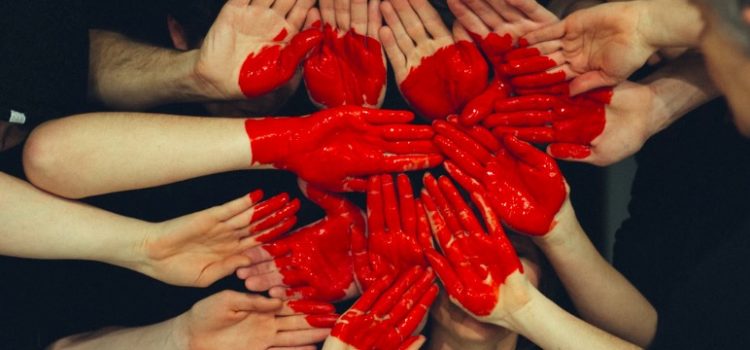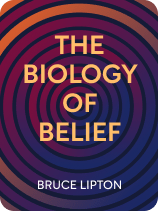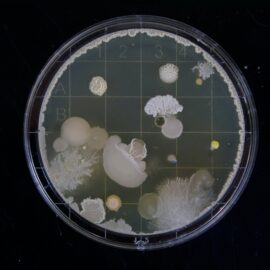

This article is an excerpt from the Shortform book guide to "The Biology of Belief" by Bruce Lipton. Shortform has the world's best summaries and analyses of books you should be reading.
Like this article? Sign up for a free trial here.
Are you worried about humanity’s future? How can you participate in collective healing?
With climate change and hatred infecting the world, it may feel like humanity is doomed. But The Biology of Belief by Bruce Lipton feels the opposite way. This is because humanity has the capability to cooperate and survive as one.
Check out why collective healing is the key to our survival.
Hope for the Future
Lipton says he’s optimistic about the future of humanity, based on the history of life on the planet and how resilient it can be when it joins together in cooperative communities. He says we can learn a lot from cells about how to move forward as a global human community through collective healing.
Life on Earth consisted only of single-celled organisms for billions of years before they began joining together to form multicellular clusters, which eventually became the complex higher life forms we have today. Lipton suggests that it was likely some sort of environmental change that created pressure for those single-celled organisms to join together to increase their chances of survival. Cooperation in this way helped them survive because when they were joined, their collective membrane surface area increased, giving them greater ability to detect and respond to environmental threats. He says cells give us a model for understanding how joining together in cooperative community may give us our best chance for survival.
Lipton points out that humanity’s survival is threatened because of our own destructive behaviors. We’ve radically altered the environments we evolved in, so that means we’re now living in an environment we’re not adapted to. And when that happens to any living organism, it has only two options—die or change. Lipton suggests we join together as a global community and make the necessary changes to ourselves. At the cellular level, we’re all exactly the same—human. We must let go of the false concepts that divide us and, like our single-celled ancestors, join together as one to find a new way to thrive.
| Are We on the Brink of an Evolutionary Leap? Lipton’s book Spontaneous Evolution: Our Positive Future (And a Way to Get There from Here) offers more specific information about how we can all participate in conscious evolution. In it, he teams up with philosopher Steve Bhaerman to argue that humanity is on the brink of an evolutionary leap and that we can join together as a global community to facilitate it. This idea was suggested in the 1970s by psychologist Clare W. Graves, who wrote an article for The Futurist magazine in 1974 titled “Human Nature Prepares for a Momentous Leap.” Philosopher Steve McDonald summarizes and expands on Graves’s work in his 2011 article “Human Evolution: Who Are We Becoming?” He explains that Graves described an impending change in human consciousness that would be the most difficult, but also the most exciting, transition the human race has faced to date. In Graves’s model, human development is characterized by progressive movement upwards through increasingly complex stages. This upward movement is an adaptive response to changing life conditions, and leaps to higher stages are preceded by major crises and chaos, which are then followed by renewal and a new system. McDonald argues that observations of the current modern world suggest that in 2011 we were in (or entering) stage six—“Preparing for the Leap”—of the eight stages. Stage eight is the endpoint, which he calls the “Neo-Tribal Revival,” when humanity will re-embrace a tribal identity, but that tribe will be all of us. |

———End of Preview———
Like what you just read? Read the rest of the world's best book summary and analysis of Bruce Lipton's "The Biology of Belief" at Shortform.
Here's what you'll find in our full The Biology of Belief summary:
- That your mindset matters more than your genetics when it comes to health
- How your thoughts affect your immune system and hormones
- Why humans should join together in a community to aid survival






